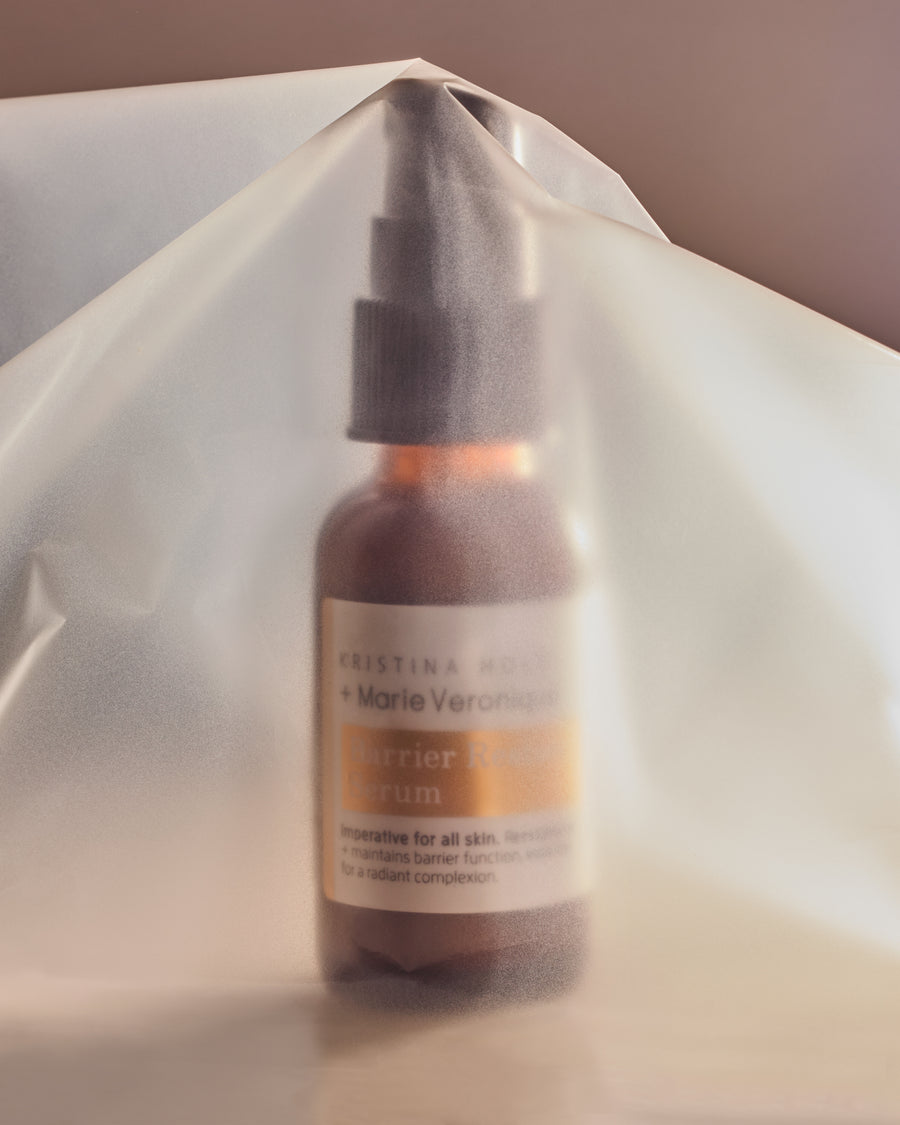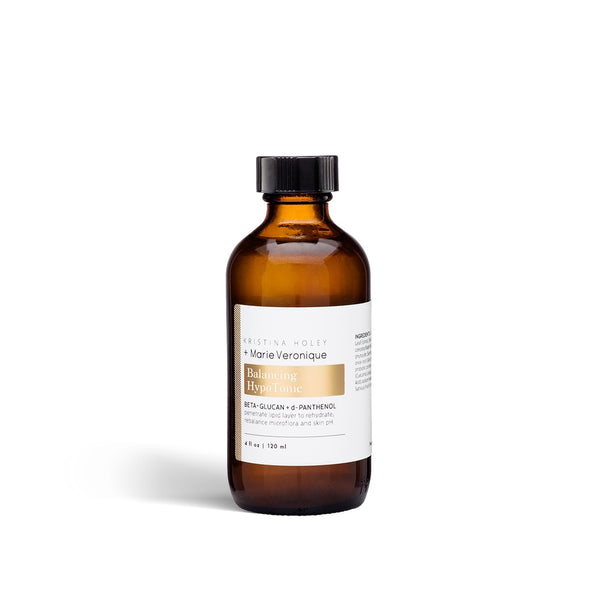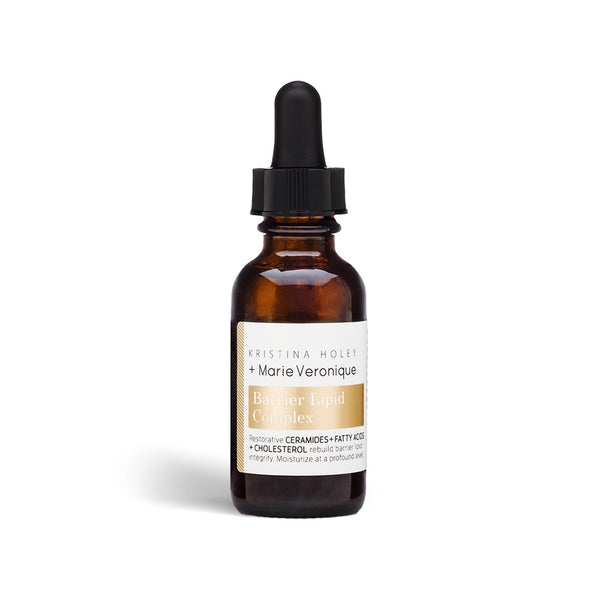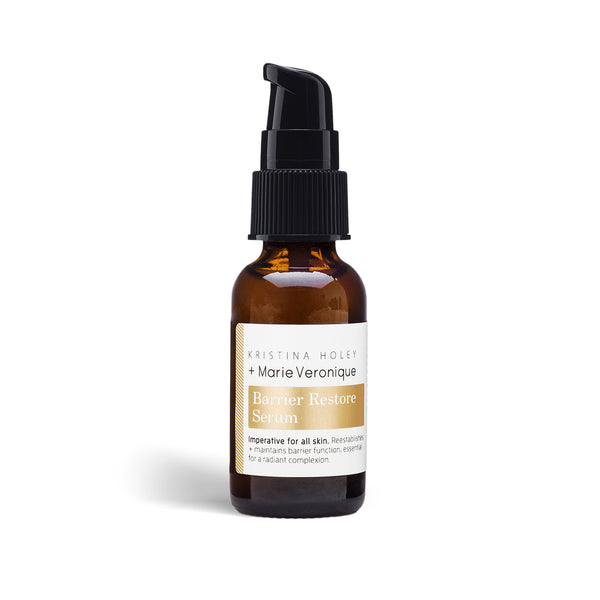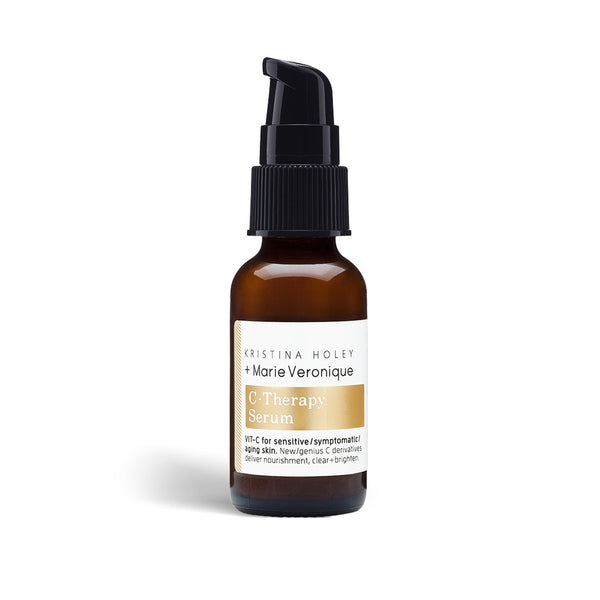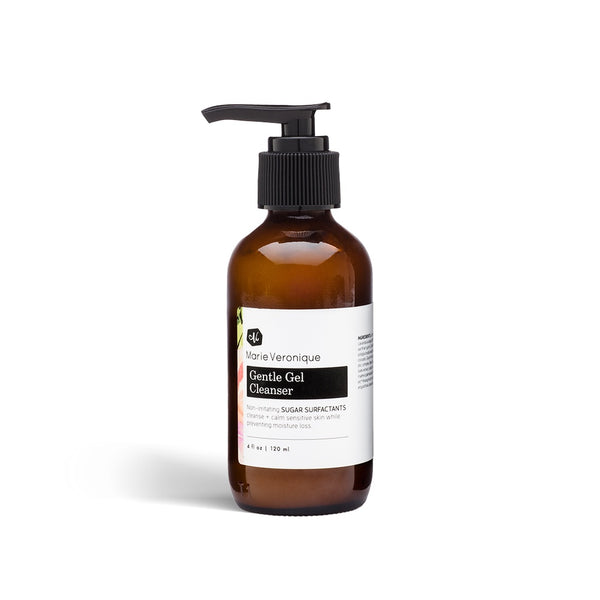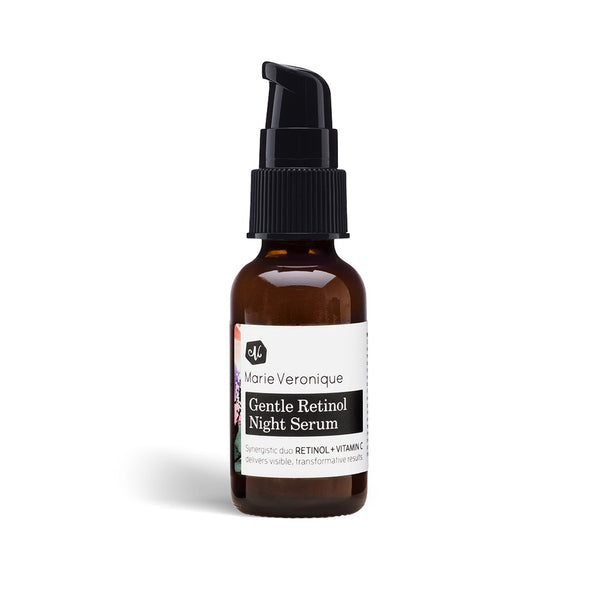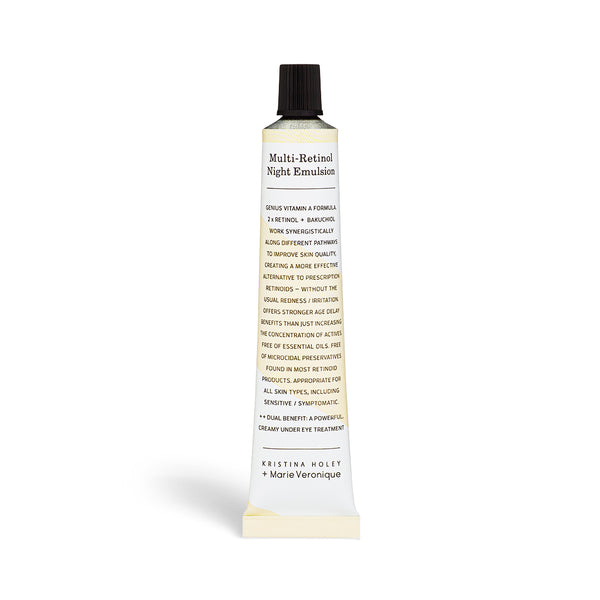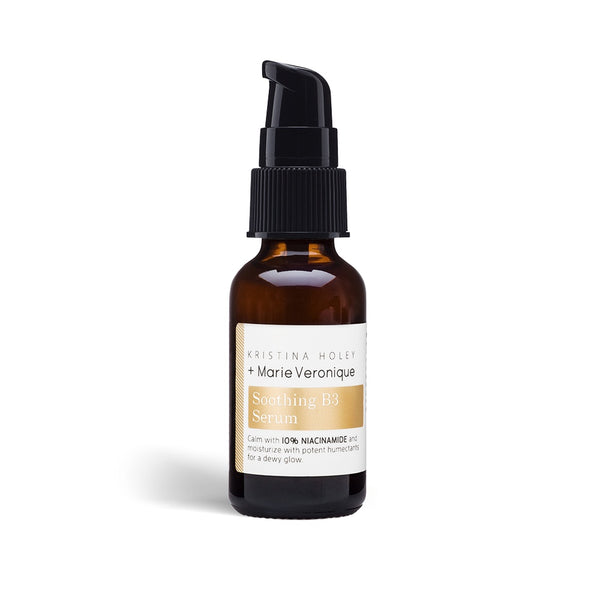How would you define a healthy skin barrier?
Not too dry, not too oily, blemish free, with a balanced microbiome.
What are the key indicators of a healthy skin barrier?
It appears hydrated, lubricated, mostly free of blemishes (an occasional blemish is par for the course) and stable (that is, it does not react unduly to treatments or new products).
What are the key indicators of a compromised skin barrier?
It appears dry and is prone to irritation, rashes, breakouts.
What are your favorite ways to keep our skin barrier healthy?
1. Supplying the skin with epidermal lipids that we tend to produce less of as we age: cholesterol, ceramides, free fatty acids.
2. Supplying the skin with nutrients that the barrier needs to function properly.
3. Avoiding products that contain preservatives that compromise microbiome balance.
4. Avoiding aggressive or invasive treatments, peels and the like.
5. Avoiding soap. I never use anything but our cleanser, water or yogurt on my face. Never, ever.
What is your general protocol when dealing with a compromised skin barrier?
In general, avoid too much cleansing and limit exfoliation to once a month. On the to-do side, replenish skin with extra barrier lipids. For the best rehab, always use a retinol product at night, always use good sun protection during the day, even if you are spending most of it indoors.
Do you find that people need professional help to repair and reset their barrier, or that it is something we can do on our own?
Strategic and well formulated home care is most important. If you add yogurt to your routine you can figure the billions of probiotics are your professional help.
Does our skin barrier change over the course of our lives?
Yes, especially if your lifestyle changes drastically; for example, you move to a new country, are facing different climate conditions or you experience health issues that affect your skin.
Do we need to constantly adapt our approach to caring for it?
The biggest challenge to barrier function is aging. As we age we produce less of the lipids and GAGs that keep our barrier layer strong. So it’s a good idea to adapt our routines as we get older. It’s easy enough to note conditions like dryness and adjust our routine to include more barrier oils. It does not require constant vigilance—it’s more a matter of paying attention as the years go by. Try and be somewhat aware though, because you can slow down barrier dysfunction by making adjustments to your routine when the changes to your skin first become apparent.
How do different climates compromise or help our skin barrier?
The thing that escapes everyone’s attention is the role played by temperature swings. Sure, hotter climates are the norm now, so we make the adjustments to that—more sunscreen, drink liquids, seek the shade etc. However, it’s harder to manage when temperatures are very erratic. It’s a stressor for the barrier.
What was your process in formulating the Barrier Restore Serum?
I looked at the anatomy of the stratum corneum, aka the barrier layer, and tried to put all the ingredients that were identical as much as possible to the barrier’s chemical composition into the serum. This is bio-mimicry, a principle we follow in formulation.
What types of skincare products should we avoid or take a pause from if our barrier is compromised?
Avoid products that: strip the skin of oils, for instance anything alcohol based. Products that increase pH of the skin (like soap, which is very alkaline). Ingredients that are heavily preserved or scented that can cause inflammation. And ingredients that can cause photosensitivity (like benzoyl peroxide).
What are your favorite products to pair with the Barrier Restore Serum?
Barrier Lipid Complex, Soothing B3 Serum, C-Therapy Serum.
How do we support our skin barrier during travel?
Pre+Probiotic Daily Mist is good to have if you are feeling parched. And it doesn’t hurt to put on an extra layer of sunblock while on the plane, and stay away from the window seats.
What lifestyle habits (beyond topicals) degrade / improve our skin barrier?
Degrade = sun, lack of sleep, diets high in processed foods, stress.
Improve = sun protection, adequate sleep, an exercise program, high fiber diets, good oral hygiene.
What are your top three most important takeaways for protecting and nourishing our skin barrier?
1. Sun protection
2. Barrier lipid replenishment
3. Good oral hygiene
4. And I have to add this one--stop worrying! You’re also allowed to have fun—now that I am in my third age, as the French call it, I feel compelled to remind younger people that loving your life while you’re living it is the most important thing.
